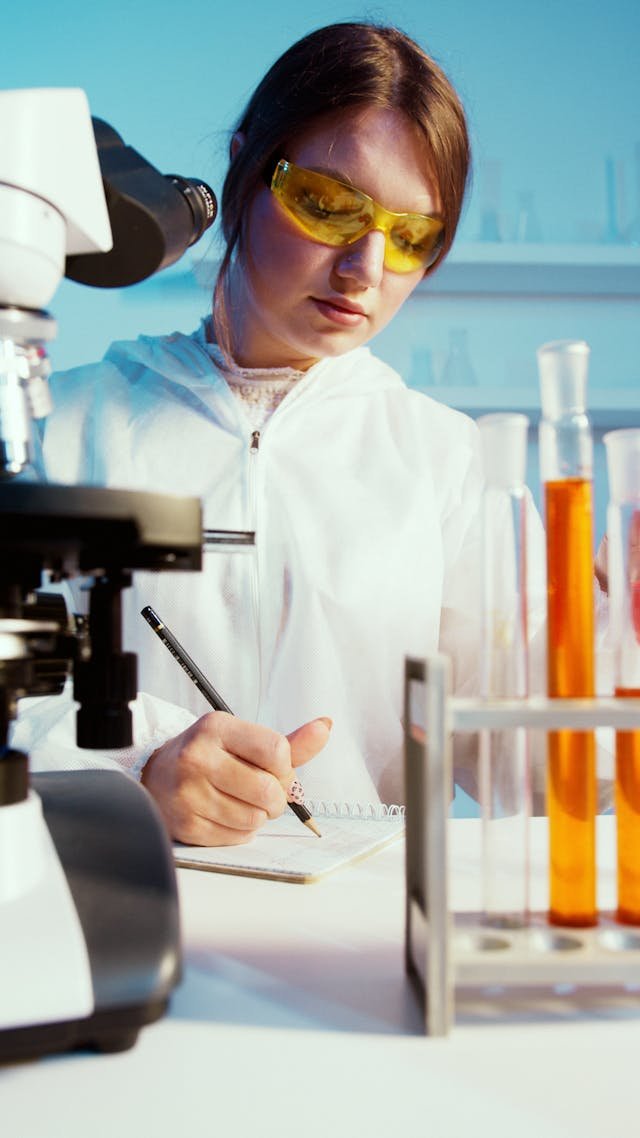Synergy of AI and Mechanochemistry
Mechanochemistry harnesses mechanical forces to initiate and control chemical reactions at the nanoscale. This opens up a world of possibilities for material synthesis, drug delivery, catalysis, and more. However, optimising these processes can be complex and time-consuming. Artificial Intelligence (AI) algorithms, powered by vast datasets and machine learning capabilities, enable precise prediction of mechanochemical reactions.
AI-driven optimisation algorithms revolutionize material synthesis in combination with Ecotype DDPBM, allowing researchers to fine-tune parameters such as rotation speed and direction for desired properties (customised) of high-quality nano-scale materials in less time. Nano-biotechnology, at the intersection of nanotechnology and biotechnology, harnesses AI to unlock new frontiers in healthcare, diagnostics, and beyond. From drug design to disease diagnosis, AI-powered algorithms analyse vast datasets and uncover hidden patterns, leading to breakthroughs in biotechnological research and development.


